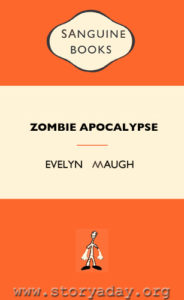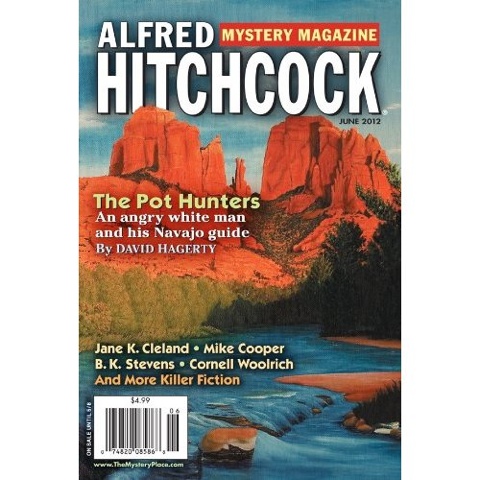Sherlock Holmes has Victorian London.
John Irving has New England.
John O’Hara’s short stories couldn’t work without their small-town Pennsylvania backdrop.
Even fantasy settings need to feel real in order to succeed (think Middle Earth, or Earthsea, or Deep Space Nine). So today we’re going to practise writing stories in which the location is as vivid as any character.
And in this age of Google Maps, Wikipedia, Flickr, Pinterest, a billion hobby blogs and online tourist information sites, there is no excuse for writing a thin, anemic version of any place you can imagine. (Even if you write fantasy, you can base the details in something real.)
The Prompt
Simcoe St in downtown Toronto, ON.
- Pick a place you have never been (preferably somewhere you have a friend – online or otherwise).
- Spend no more than 30 minutes researching it. Use Google Street View, search for blogs based there and ‘listen’ to how its residents talk, scan newspaper archives and obituaries, look at the high school and local library’s websites.
- Set a story in the location you have learned about. Paint a vivid picture of the place; weave it through your action; salt your character’s dialogue with local flavor.
- Then ask your long-distance friend how close you came to getting it right? What bloopers did you make? What slang did you get wrong? Was it too generic? Was it spot on?
Tips
- Remember to tell a story about characters in your location. This is not a travel brochure.
- Write fast. It’s just a fun exercise.
- Make sure your story travels from start to end: don’t just write a scene, make someone or something change between the first word and the last.
The Rules:
- You should use the prompt in your story (however tenuous the connection).
- You must write the story in one 24 hr period – the faster the better.
- Post the story in the comments — if you’re brave enough.
- Find something nice to say about someone else’s story and leave a comment. Everybody needs a little support!
Optional Extras:
Share this challenge on Twitter or Facebook
Some tweets/updates you might use:
Don’t miss my short story: Location, Location, Location! #WriteOnWed #storyaday http://wp.me/p1PnSG-qb
This week’s #WriteOnWed short story prompt is to write in a concrete location! #storyaday http://wp.me/p1PnSG-qb
Come and write with us! #WriteOnWed #storyaday http://wp.me/p1PnSG-qb
See my story – and write your own, today: Location As Character at #WriteOnWed #storyaday http://wp.me/p1PnSG-qb

![[Write On Wednesday] Location As Character](https://storyaday.org/wp-content/uploads/2012/04/Screen-shot-2012-04-18-at-10.57.55-AM-1200x511.png)

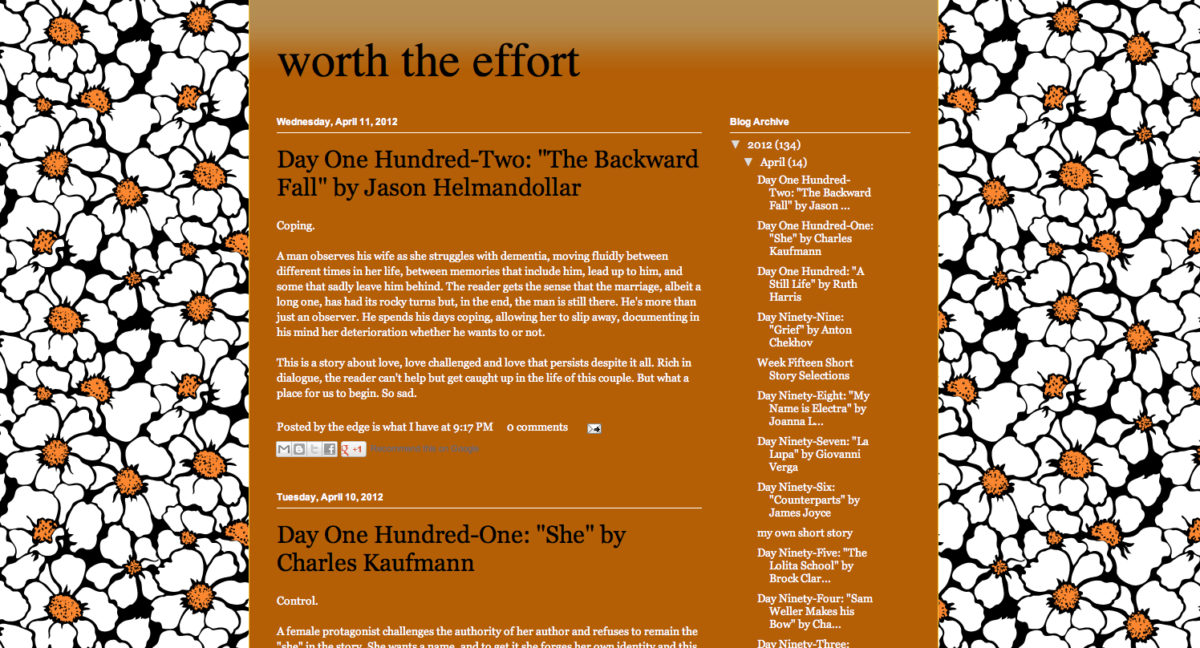
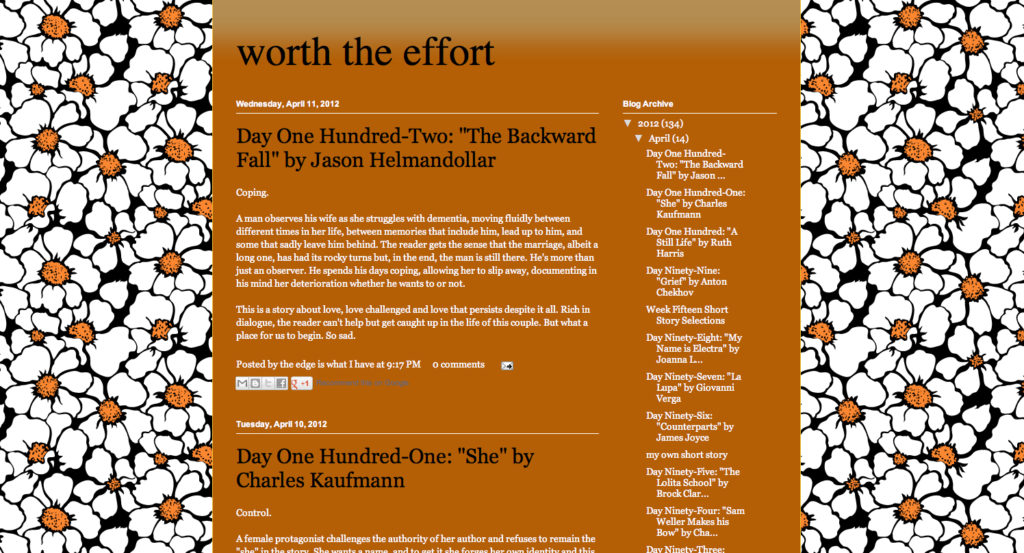
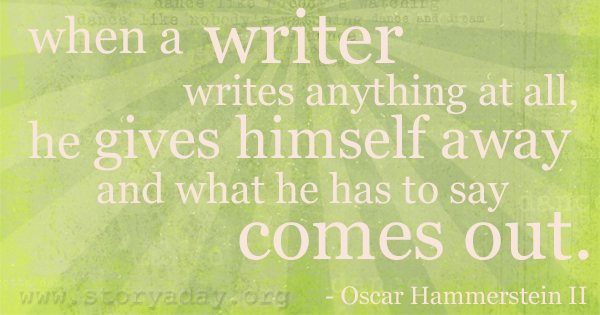
![[Write On Wednesday] – Style Switch](https://storyaday.org/wp-content/uploads/2012/04/Sanguine-book-parody_11.jpg)
